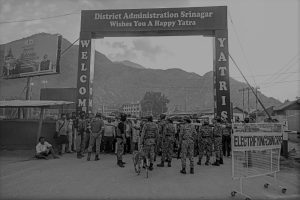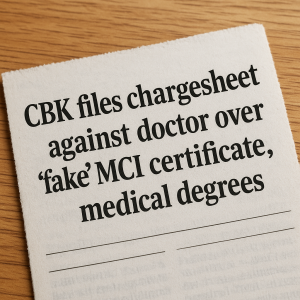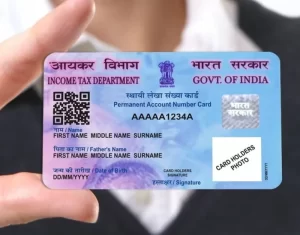The judgment will be pronounced by a Constitution bench of five judges, headed by Chief Justice DY Chandrachud.
In the capital city of New Delhi, there is an expectation that the Supreme Court will reach a decision today regarding the constitutionality of the Center’s move to annul Article 370. This article granted special status to Jammu and Kashmir and led to the division of the state into two Union Territories.
Unlocking 10 Crucial Insights on this Historic Milestone:
- Awaited Verdict: A five-judge Constitution bench, led by Chief Justice DY Chandrachud, is poised to deliver a decision on petitions challenging the Centre’s Article 370 revocation four years ago.
- Legal Battle: Petitioners argue against unilateral Article 370 abolition, citing the transfer of powers from the Constituent Assembly to the J&K legislature post its 1957 dissolution.
- Constitutional Crossroads: The Supreme Court scrutinizes the authority recommending Article 370’s revocation, probing a process that now necessitates approval from a Constituent Assembly, considered temporary but deemed permanent post-dissolution.
- Legal Defense: The Centre justifies its decisions within the legal framework, asserting that integrating Jammu and Kashmir curbed terrorism and established a level playing field.
- Development Drive: Over four years, the government contends it has propelled rapid development in the former state.
- Rights Debate: Article 370’s abolition is argued to have deprived J&K residents of fundamental rights, including education, with Constitutional rights now contingent on state legislature approval.
- Fundamental Changes: The demise of Article 35A, accompanying Article 370’s revocation, removed restrictions on jobs, land ownership, and settlement in Jammu and Kashmir for people from other regions, addressing perceived violations of fundamental rights.
- Security Alert: Stringent security measures precede the verdict in the Kashmir Valley, emphasizing the BJP’s call to honor the Supreme Court’s decision.
- Peaceful Pledge: National Conference chief Omar Abdullah commits to peaceful conduct, even in the face of an adverse verdict, promising to continue their fight through lawful means. Other parties express hope for a decision favoring the people.
- Historical Bifurcation: Article 370’s revocation and Jammu and Kashmir’s bifurcation in August 2019 followed the collapse of the PDP-BJP alliance government over a year into the President’s Rule in the erstwhile state.



